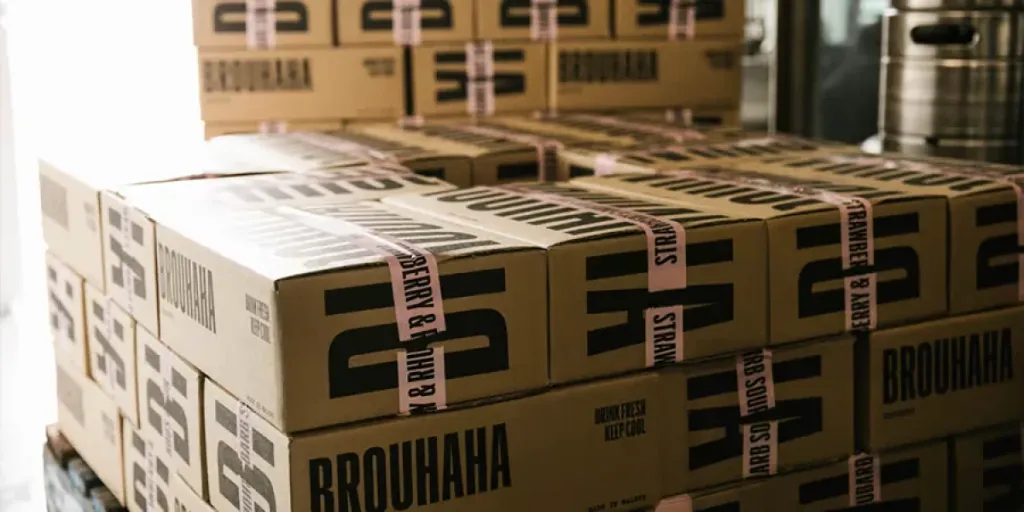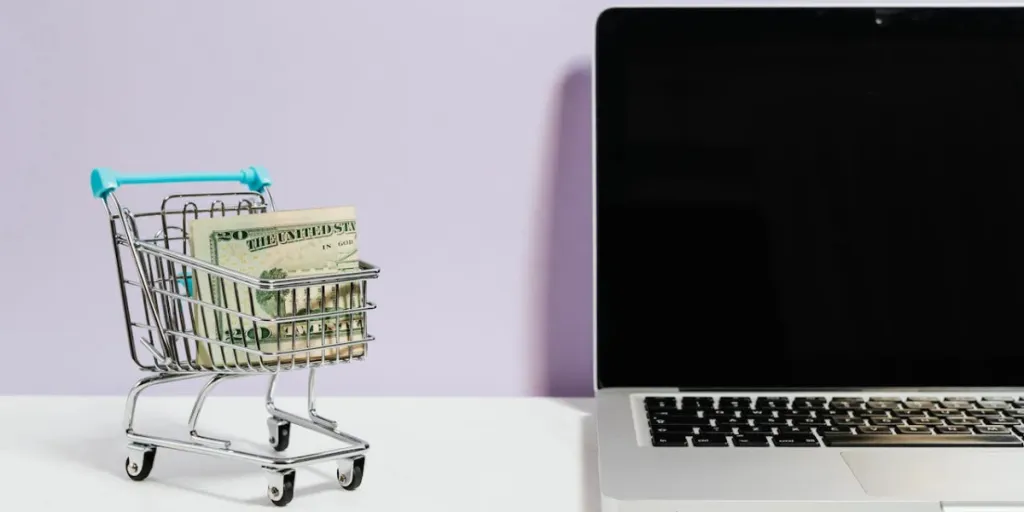Dropshipping beginners will no doubt have many questions when it comes to operating the dropshipping business model for the first time. The experienced dropshipper may also have questions on legal and ethical concerns, as the rules could differ between jurisdictions. Learn about the top dropshipping concerns in this article and why dropshipping is a viable business model.
Table of Contents
Dropshipping 101
Top dropshipping concerns
Start your dropshipping journey now
Dropshipping 101
What is dropshipping? It is a business model where the seller of a product can accept payment from a customer without having to hold physical products in their inventory. This process is different from pre-ordering, as pre-orders are usually for items that are not yet for sale and possibly not manufactured yet, while dropshipping works via an order fulfillment process, where the manufacturer or supplier holds the goods.

A great benefit of dropshipping is that overhead costs do not necessarily go up as the business grows. Compare this to brick-and-mortar businesses, where physical stores have to expand to stock more products. A dropshipper will basically just need a computer and an Internet connection to run an online store, significantly bringing down operational costs. Dropshipping is, therefore, a viable and legitimate business model.
For those who would like to learn more about dropshipping and how to start on it, this article may be a useful read.
Top dropshipping concerns
Legal concerns

The beginner dropshipper is bound to have tons of questions about the dropshipping business model. To get the big question out of the way: Yes, dropshipping is legal. But how about the need to apply for a business license? To what extent are dropshippers liable for damaged or defective goods? Also, do dropshippers have to pay taxes?
Registering the business
Registering the business may not be compulsory for dropshippers but doing so can have several advantages. Having a registered business is the first step in showing that you are running a legitimate business. It helps secure your reputation, and most suppliers are also more willing to work with registered businesses. Finally, it helps dropshippers avoid personal liability since a registered business will be treated as a separate legal entity.
Product liability cover
For beginner and experienced dropshippers alike, there might sometimes be hiccups in the manufacturing process, and the end customer could get sent a defective item. As a dropshipper, look into signing manufacturing supply agreements to ensure that the liability for such occurrences is crystal clear. No one wants to be held responsible for their supplier’s mistakes.
Taxes
Most dropshippers would be concerned with the income tax and sales tax related to the dropshipping business. Income tax is pretty self-explanatory in that you pay taxes on your profit in the jurisdiction you live in. Sales tax, on the other hand, might be slightly more confusing.

In the US, you will be required to pay sales tax only if you have a physical presence or reach a certain sales threshold in a state. An important thing to note is that different states have different tax rates and guidelines, so make sure you look through the latest sales tax rates if you have a big enough turnover. In addition, the European Union has a different set of guidelines when it comes to taxes, so make sure you do your homework!
Operational concerns
The question of shipping and logistics will definitely be on every dropshipper’s mind. For those who might be totally new to dropshipping, click here for a quick guide on the common shipping terms used. For dropshippers, using the DDP (Delivered Duty Paid) method is usually the most convenient option as buyer liability is greatly reduced.
In terms of a return and refund policy, the US does not have federal laws requiring them. However, having such policies will add a layer of credibility to your dropshipping business. On the other hand, the European Union has certain guidelines on returns. It might be worthwhile checking through their guidelines if you happen to focus on the European market.

For those interested in setting up online businesses via e-commerce platforms, make sure you have read through their specific rules and guidelines. For example, Amazon has a particular set of guidelines that dropshippers must follow. Amazon requires you to be the seller on record at all touchpoints with your customers, and you will also have to remove all information that identifies any third-party suppliers. You will also have to be responsible for accepting and processing returns.
One of the most essential points to note if you are thinking about dropshipping on Amazon is that you are not allowed to purchase the goods from another online retailer. You are only allowed to dropship goods from wholesalers like Chovm.com. Breaking any of these rules might get your seller account suspended, so make sure you read through them!

Ethical concerns
To the beginner dropshipper fearing that you may get in trouble for selling products at marked-up prices, do not worry. Turning a profit on your products is not the same as selling knock-offs, where sellers claim to be selling genuine products when they are imitations.
Dropshipping is an order fulfillment method that is perfectly legal, and it should never be used in an attempt to bypass certain laws to sell counterfeit goods.

Start your dropshipping journey now
To beginner and experienced dropshippers alike, this article has hopefully answered some of your most pressing questions about the dropshipping business model. This guide to dropshipping will be a valuable read for those who want to learn more about dropshipping. With the newfound knowledge, beginner dropshippers might want to start by signing up with Chovm.com to begin an exciting dropshipping journey. For experienced dropshippers who may wish to source trustworthy suppliers, you may want to explore the dropshipping marketplace at Chovm.com.








